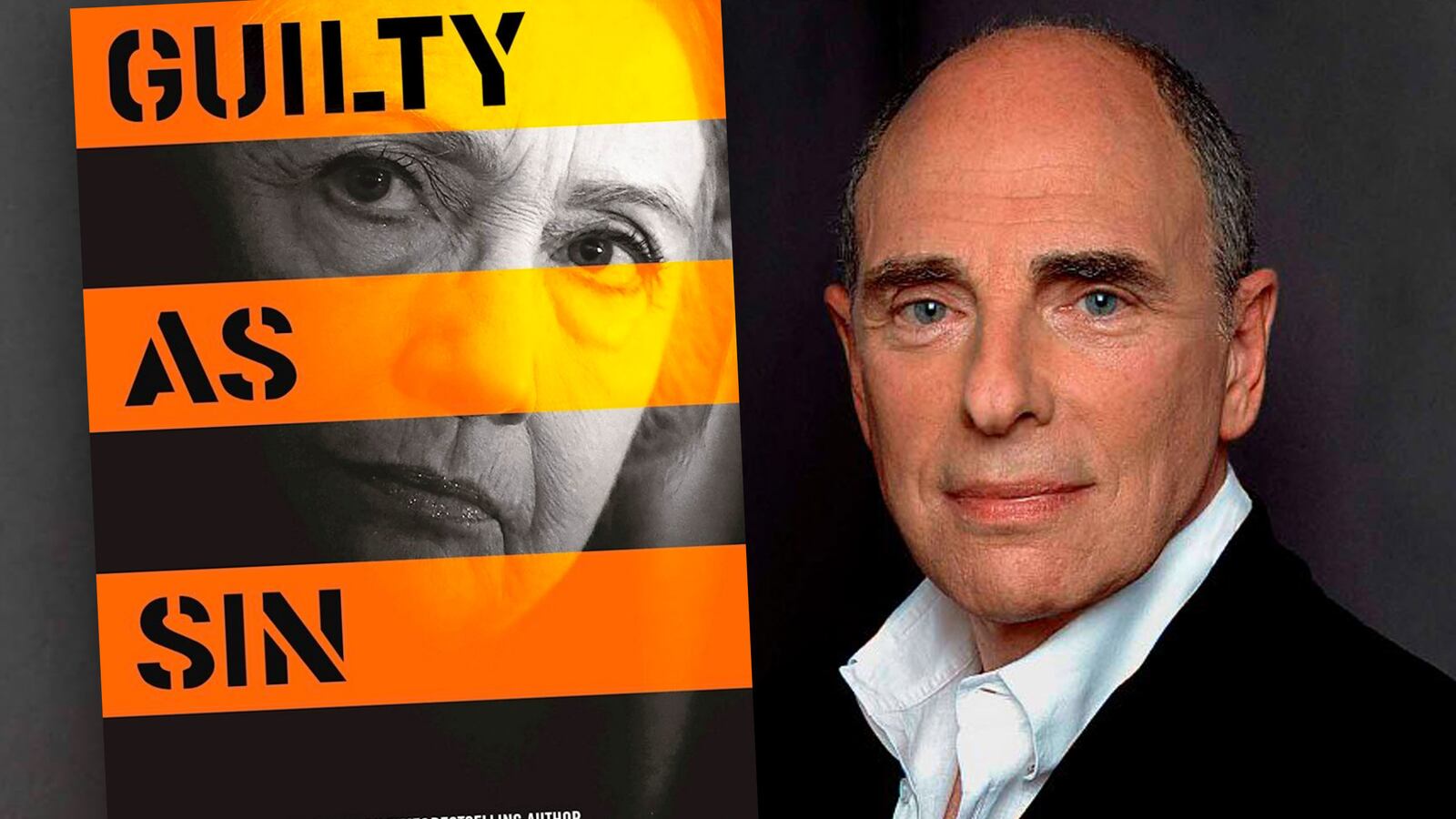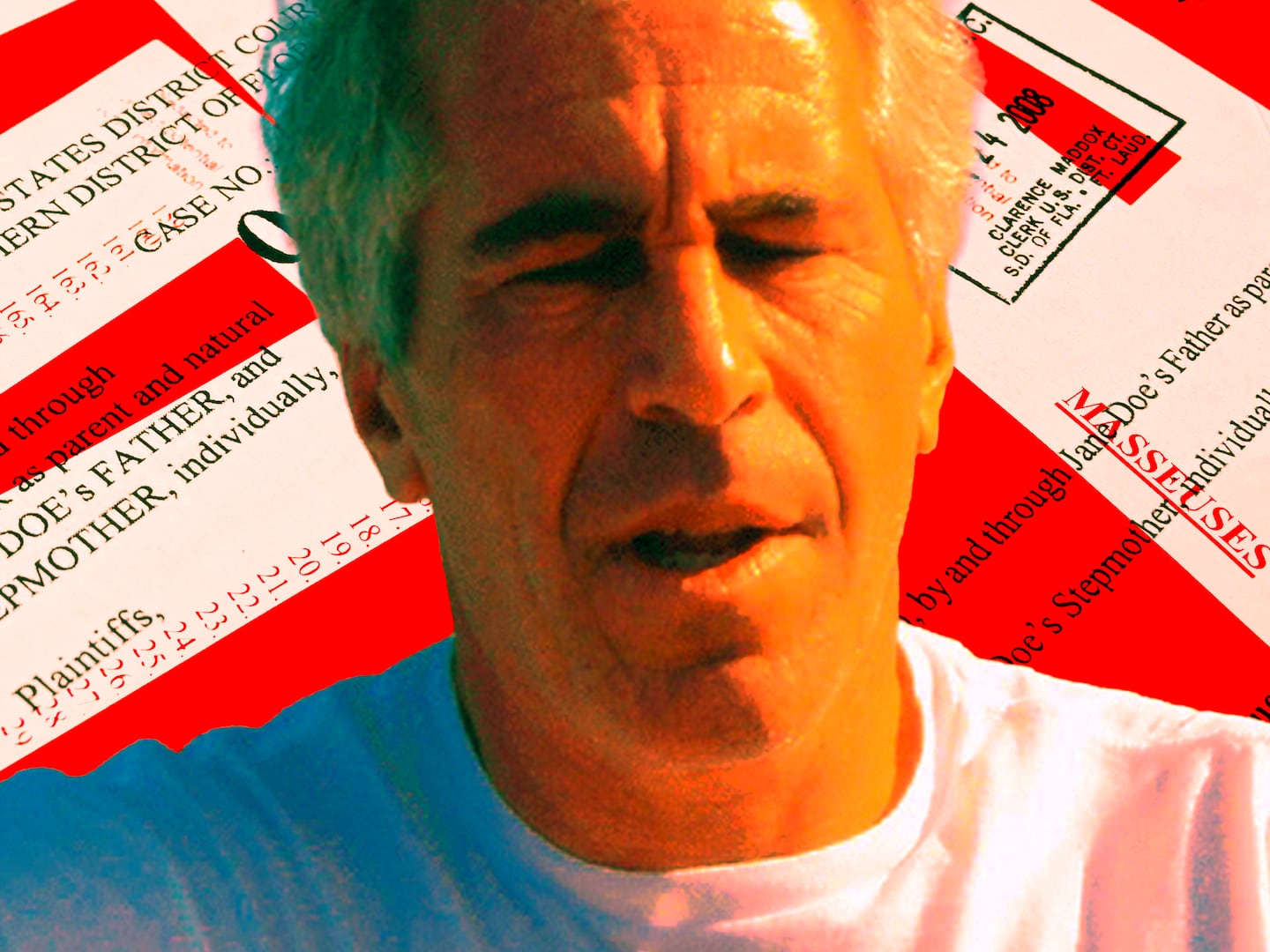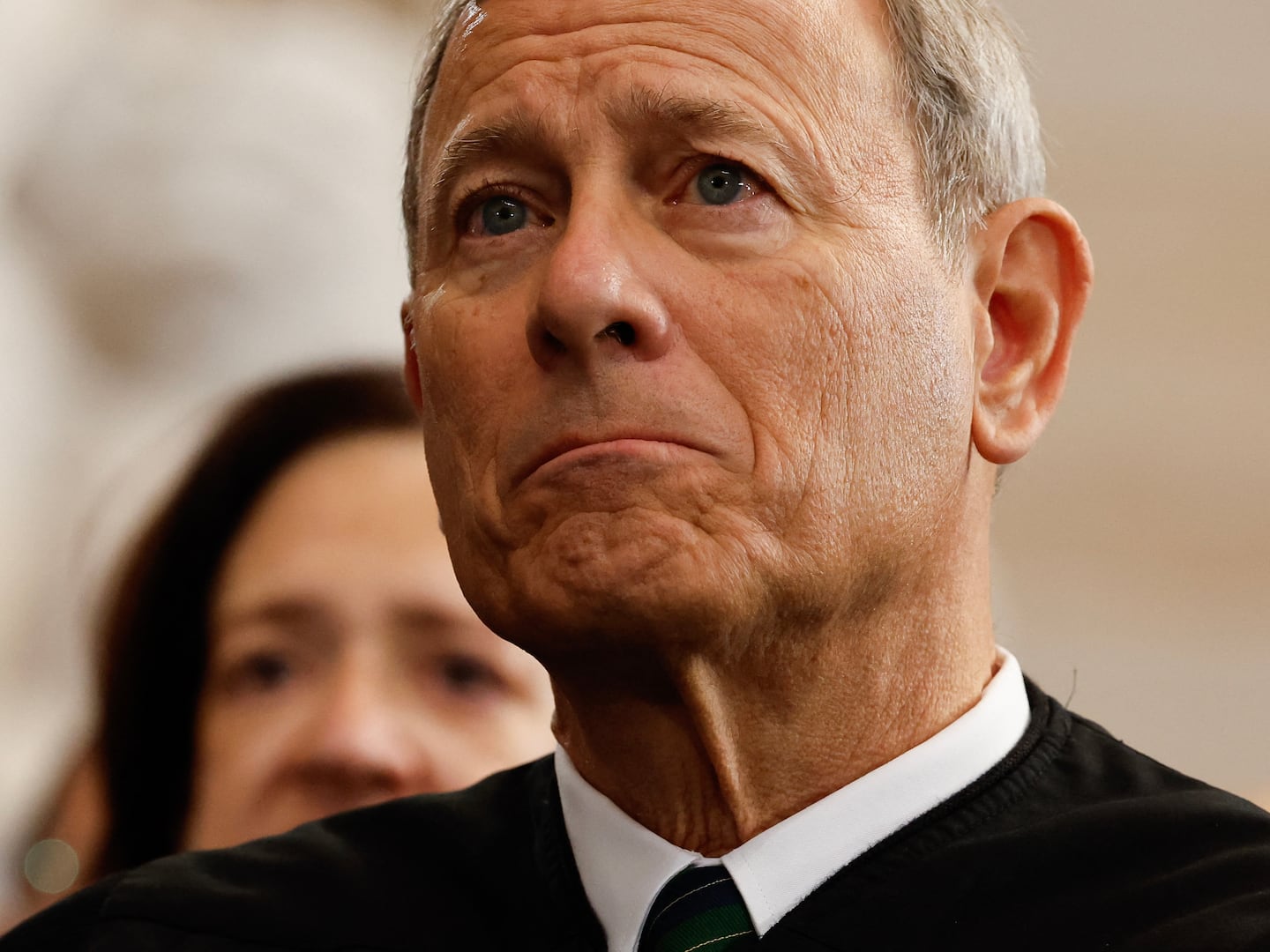Edward Klein had been chiseling the wood for hours, making small indentations and fine lines to perfect the under-eye bags and bulbous noses on the hideous, aging faces of his figurines of Bill and Hillary Clinton.
“Yes,” he said, satisfied, as he made one final incision to create a deep wrinkle between Hillary’s eyes.
“That should do it.”
Klein had never been all that artistically inclined, but he was preparing to write a draft of another book about the Clintons and he wasn’t yet sure what he wanted them to do or say in it. The figurines, he thought, would allow him to act out various scenarios until he settled on just the right amount of drama, humor, and intrigue. For his last books—Unlikeable: The Problem With Hillary, Blood Feud: The Clintons vs. The Obamas, and The Truth About Hillary: What She Knew, When She Knew It, and How Far She’ll Go to Become President—he had tried this using sock puppets, but his housekeeper kept throwing them in the wash, shrinking them or losing them in the process. The figurines were more time-consuming to make, but the effort—and the calluses he’d developed on both thumbs—felt worth it.
Just as he put Hillary in her rubber Polly Pocket pantsuit and set her down on his desk, he heard a knock at the door. It was his editor, Harry Crocker, the vice president and executive editor of Regnery Publishing.
“Har,” Klein said, letting him into the apartment, “help me figure this out!”
“We definitely want to start on a private jet,” Crocker told him as he positioned the former president and secretary of State on a stack of notebooks. “People love shit like that, stuff that confirms their preconceived biases while sounding entirely plausible.”
“Oh, definitely,” Klein said, squinting his eyes as the scene developed in his mind. “How about this: Bill Clinton’s private jet was cleared for takeoff and was taxiing toward the active runway when a Secret Service agent informed him that Attorney General Loretta Lynch’s plane was coming in for a landing. ‘Don’t take off!’ Bill barked.”
“Perfect,” Crocker smiled. “‘Barked’ really sells it.”
“It does, doesn’t it,” Klein said.
The two men embraced, something I’m not certain they’ve ever done in real life but it doesn’t matter because I’m making this entire scenario up anyway.
To use Edward Klein’s own journalistic practices when writing about his work is to produce colorful narrative fiction with only the smallest connection to reality—the characters are real people, their titles and roles unchanged, but the content of their personalities, their conversations, and their thoughts invented from whole cloth. Klein’s work is propaganda as fan fiction, published and promoted as the serious nonfiction work of a reporter and editor once employed by Newsweek, Vanity Fair, and The New York Times Magazine—all of which is true, except at some point in the last quarter century, Klein lost his goddamn mind.
Klein’s latest book, released Oct. 4, is called Guilty as Sin. Its cover is an unflattering black and white photo of the Democratic nominee, her scowl and wrinkles featured prominently, peering through four large stripes the color of an orange prison jumpsuit.
The idea, you see, is that Clinton is a criminal. Think of this as the scholarly counterpoint to the “Lock her up!” chants of Trump rallies and the Republican National Convention.
Reached by phone Wednesday afternoon, Klein, who is 79, said he didn’t have time to answer questions about his work.
He began his career at the New York Daily News, from there became an editor at Newsweek, then left for The New York Times, became the editor of The New York Times Magazine—which won two Pulitzers under his stewardship, from 1977 to 1987—and then, in the mid-1990s, started writing books.
He’s written 11 books advertised as nonfiction, four of them about the Clintons, whom, he told me in a May interview, he began researching around 2003.
In case it’s not overwhelmingly clear already, he does not like the couple very much. But Klein’s political opinions are not the problem with his books or even their defining characteristic—that would be that he just makes shit up, and it’s not even good. Yet in the highly emotional and volatile climate of the 2016 presidential election, Klein’s tall tales are likely to provide fodder for Clinton’s detractors—especially Donald Trump, whom Klein has spent a lot of time with over the years and interviewed extensively for Guilty as Sin.
But first let’s talk about Clinton.
“She was in a rage,” he wrote in the chapter “The Sky Is Falling.”
On a private plane with aide Huma Abedin, Clinton was ranting about James Comey, the director of the FBI. “‘It’s more right-wing bullshit on top of more right-wing bullshit,’ Hillary bristled, according to Huma. Comey, she said, would end up like all the other Clinton enemies. ‘And how did Bill’s impeachment work out for those motherfuckers?’ Hillary said.”
How does Klein know any of this happened? Well, because Abedin “described the fit to a colleague who was interviewed for this book,” he wrote.
And how does he know Clinton “told a close friend” that “‘Bill looks out for Bill first and foremost and it’s always been that way. But I know in my heart that Huma, Cheryl, and Jake will be loyal to the end. Especially Huma. Nothing will shake her loyalty. Huma would go to Sing Sing before she would rat me out to the FBI’”? Unclear, since he doesn’t explain the sourcing of that quote.
Or what about how Abedin “came down the stairs in Chappaqua, rubbing her puffy eyes and looking a bit disheveled” which prompted Clinton to ask, “‘Did you get your power nap?’” before “she placed both hands on Huma’s neck and began massaging her shoulders”? That, Klein wrote, was told to him by “one of Hillary’s oldest friends, who had been invited along with a group of women to spend the afternoon with Hillary, who spoke on the condition of anonymity because the Chappaqua get-together was private.” What’s more, Klein noted at the bottom of the page (171), “The source was interviewed 18 times.”
Klein believes Clinton is “vulgar” and has suggested repeatedly throughout his books that she may be a lesbian. In much of the dialogue he produces that he claims took place between Clinton and other parties, she is cursing like a sailor.
“We’re now, what, 13 years into my researching and interviewing people about Hillary Clinton and also Barack Obama,” Klein said—for real, I have it on tape—when I interviewed him back in May. “Developed many, many different sources. Took a long time.”
“People ask me: Why do they talk to you?” he continued. “People like to talk about their connection to people in power. They—it’s something that gives them a sense of their own importance, and a lot of them talk to me because they feel that they’re basically letting the world know, or through me, letting me know, that they are connected to people at the highest levels of power.”
“When a source who knows a very powerful person talks to a reporter, there’s a kind of an ambivalence, I would call it, in what they tell you,” he added. “On the one hand, these are people they admire and support. But on the other hand, there’s a jealousy and competition also. And this is, I think, another reason why they talk, because of the sense of ambivalence they have.”
His sources, he said, are “protected” by him, “and I would point out, as I think you know, that virtually all of Bob Woodward’s sources are anonymous, all of the sources in the two Game Change books were anonymous, all of them. You cannot write about current politics when things are still going on—this is not history, this is contemporary politics, where so much is at stake—and expect people to have their names connected to what they tell you because they simply can’t risk that.”
From the way Klein talks, you’d think he wrote All the President’s Men, not a gossipy trilogy about the muumuu-loving Democratic nominee sexually harassing her female underling and escaping the law yet again.
The portions of the book about Trump are based on Klein’s experience interviewing him over the years and time spent traveling with him on his plane during the Republican primary.
According to Klein, Trump told him, “I have confidentiality agreements with everyone who works for me, and I think I’ll do that in the White House so fucking guys like Gates can’t write a book and trash everyone he worked with.”
Later, talking about female voters, Trump told Klein, “The only thing Hillary’s got going for her is she’s a woman.”
The Trump campaign did not respond when asked if the candidate actually said either of those things.
On page 225, the end of Guilty as Sin, Klein features “A Note on Sources” in which he blames criticism of his work on “partisan rancor” and claims—incorrectly—that it comes only from liberals. “Much of the criticism can be traced back to Hillary’s notorious attack machine and the henchmen who run that machine,” he wrote, referring to Philippe Reines, Sidney Blumenthal, David Brock, and Brian Fallon.
“As the old saying goes, ‘if you lie down with dogs, you’ll rise up with fleas,’ so I’m never surprised by the Clinton Slime Room’s efforts to discredit me,” he continued. “What I do find dismaying, however, is that many mainstream reporters attack me with words and phrases that could have come straight from the mouths of Reines, Blumenthal, Brock and Fallon—and probably did.”
The product, one assumes, of a drawer full of wooden reporter figurines.






